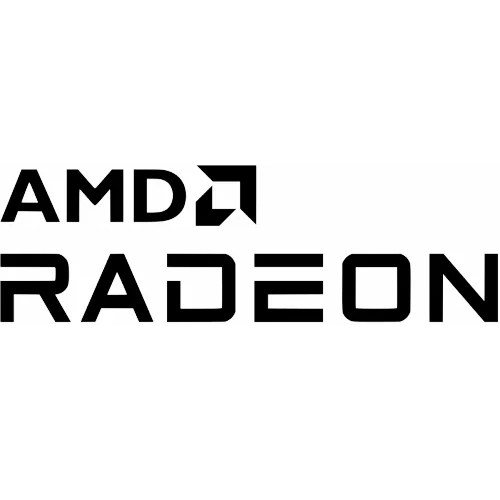Running The Linux 5.6 Kernel With AMD Radeon Graphics

Linux 5.6 brings many new features As it concerns the AMDGPU kernel driver, there is reset support for Renoir and Navi, initial bring-up for AMD Pollock, HDCP 2.x support, the kernel bits for Vulkan timeline semaphore support, DP MST DSC compression, and other fixes and code improvements.
With our testing of Linux 5.6 across Polaris, Vega, and Navi graphics cards it has been a pleasant experience. Fortunately there has been no display issues or stability problems as the most likely culprit when riding development kernels. Overall it's looking good though we were not forecasting any major problems given AMDGPU didn't see anything too invasive this cycle.
The testing has been done with the Radeon RX 590, RX Vega 64, RX 5600 XT, and RX 5700 XT graphics cards. I also ran some benchmarks between Linux 5.5 stable and Linux 5.6-rc3 while using Mesa 20.1-devel and having ACO enabled for the RADV driver too (a continuation of the recent Mesa 20.1-devel comparison).
The results were basically flat across the benchmarks we carried out. All of the results in full can be found via this OpenBenchmarking.org result file.
So while there is Pollock support and other aforementioned features, on the performance front for existing hardware it looks to remain the same and at least we haven't hit any regressions at this point. Other Linux 5.6 benchmarks coming up on Phoronix shortly.
25 Comments

